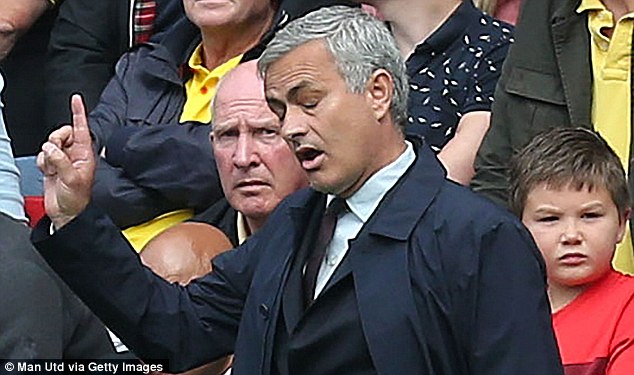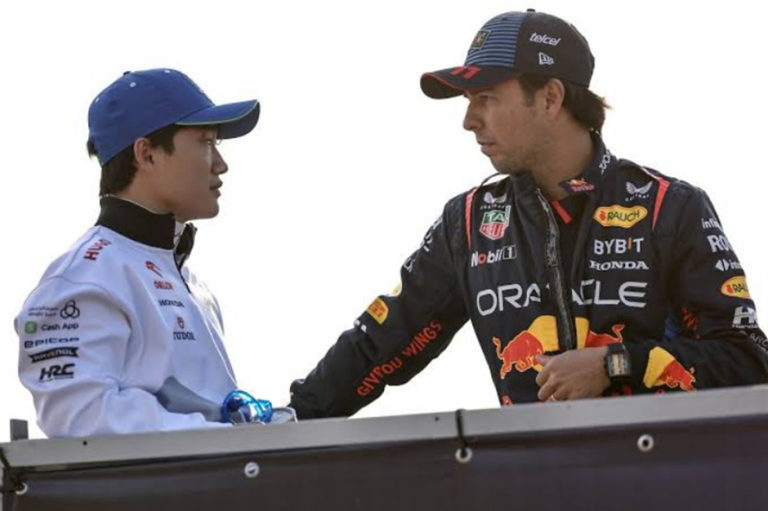Jose Mourinho put a magnifying glass to Manchester City’s apparent eagerness to deceive match referees by diving before Sunday’s enthralling Manchester derby, but as it turns out, United are by no means angels in that respect.
The Portuguese coach claimed that City players just needed “a little bit of wind and they fall”, clarifying his remark after initially saying that “one thing that I don’t like a lot is that they lose their balance very easily”.
But, ironically enough, referee Michael Oliver’s decision to book Ander Herrera for going down too easily under a Nicolas Otamendi challenge in the second half gave United their second yellow card of the season – after Antonio Valencia against Tottenham in October – for such unsporting behaviour.
That meant United – who went on to lose 2-1 – have received more bookings for simulation than any other team in the Premier League this season, though Everton have had one yellow card and a retrospective two-match ban dished out to them so far.
Meanwhile, Pep Guardiola’s City are still yet to be punished once for simulation, so has Mourinho got it all wrong, or is the system flawed?
RETROSPECTIVE INCONSISTENCY
Before the start of the 2017-18 Premier League campaign, it was announced that retrospective action would be introduced in an attempt to stamp out diving.
Generally, the move was applauded because, in theory, it prevented players from escaping punishment for deception.
Oumar Niasse is the only player to fall foul so far, picking up a two-match ban for diving to win a penalty in Everton’s 2-2 draw with Crystal Palace.
However, as is pointed out in the Disciplinary Procedures of the Football Association Handbook, such retrospective punishments can only be implemented if the action leads “either to a penalty being awarded or the dismissal of an opposing player”.
JESUS DIVED FOR HIS SINS?
Before the Herrera incident, a contentious moment involving Gabriel Jesus brought the simulation debate to the fore on Sunday.
The tricky Brazilian did brilliantly on the edge of the United area in the 22nd minute, skilfully sidestepping a couple of challenges before then going to ground, much to the annoyance of defender Chris Smalling.
Upon further inspection of replays, it seemed clear that referee Oliver made the right decision in not awarding a penalty, though Jesus got away without a sanction.
Such is the wording in the FA’s rules, Jesus cannot be punished retrospectively, which highlights a significant flaw in the system.
And the fact that Jesus and Herrera opted to try their luck arguably proves that the FA’s pre-season move – though a step in the right direction – was not strong enough to deter players from attempting to deceive match officials.
















